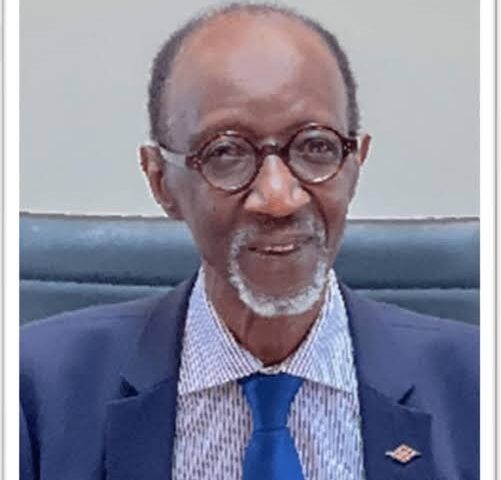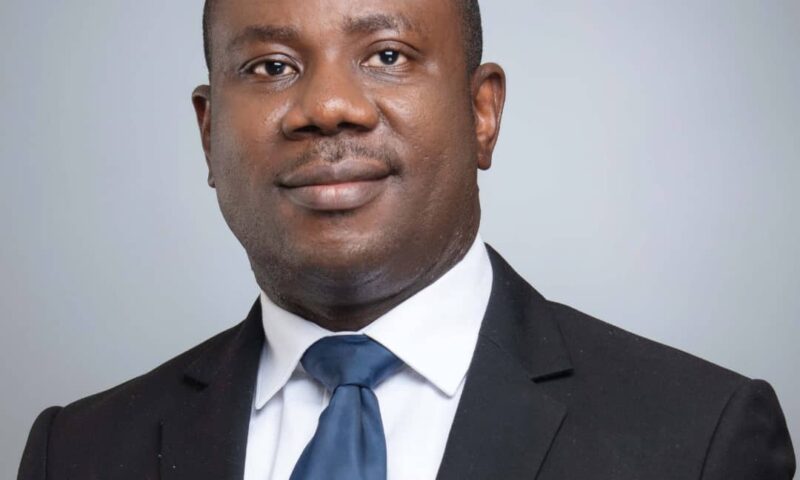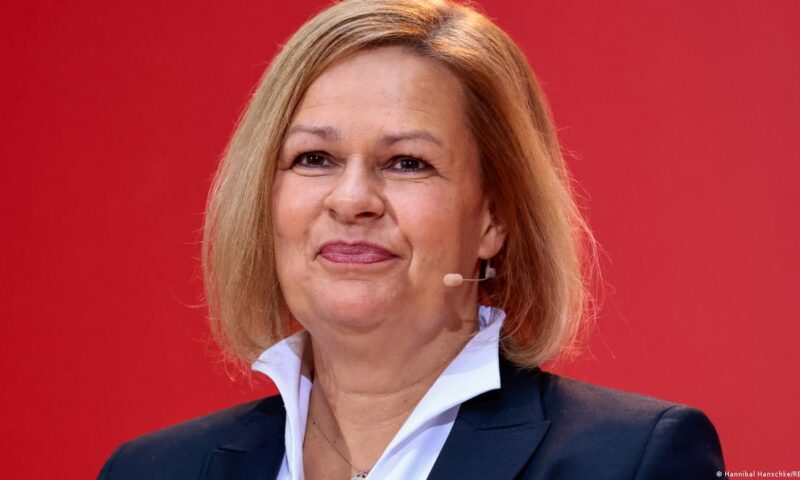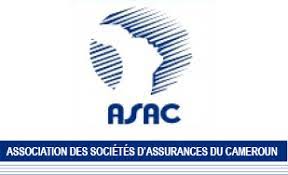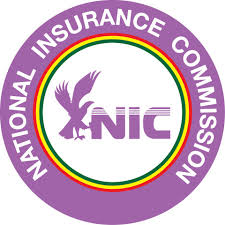By Favour Nnabugwu
Eighteen day to the end of old Naira notes to January 31, 2023, the Central Bank of Nigeria (CBN) has intensified its public awareness campaign, when the old notes would cease to be legal tender.
The three redesigned denominations of N1,000, N500 and N200 banknotes were unveiled on November 23, 2022, by President Muhammadu Buhari.
A team of officials from the CBN headquarters and their counterparts from the Abuja Branch took the campaign to Wuse Market, Abuja’s largest market, yesterday, to persuade traders and other members of the public to deposit their old Naira notes in their bank accounts before the deadline.
Mr. William Kareem who represented the Abuja Branch Controller, Mr. Michael Ogbu, justified the Naira redesign which he said became inevitable given the high level of hoarding of bank notes in the country.
He said, “Indeed, the integrity of a local legal tender, the efficiency of its supply, as well as its efficacy in the conduct of monetary policy are some of the hallmarks of a great Central Bank.
In recent times, however, currency management in Nigeria has faced several challenges that have continued to grow in scale and sophistication with unintended consequences for the integrity of both the CBN and the country. Some of these challenges primarily include:
“First, a significant hoarding of banknotes by members of the public, with statistics showing that ₦2.72 trillion out of the ₦3.26 trillion currency in circulation as of June 2022 was outside the vaults of commercial banks across the country, and supposedly held by members of the public.
“This statistic shows that 84.71 percent of currency in circulation are outside the vaults of commercial banks, with only 15.29 percent in the Central Bank and Commercial banks’ vaults.
“Second, is the worsening shortage of clean and fit banknotes with attendant negative perception of the CBN and increased risk to financial stability;
“Third, there is increasing ease by criminals and risk of counterfeiting evidenced by several security reports received at the Central Bank of Nigeria.”
He identified the benefits of the currency redesign to include helping “to control inflation as the exercise will bring the hoarded currency into the banking system, thereby making monetary policy more effective.”
He added, “We believe that this exercise would help in increasing financial inclusion, moving towards a more cashless economy, and ensuring greater formalization of the Nigerian economy.
“The currency redesign would assist in the fight against corruption as the exercise would rein in the higher denomination used for corruption, and the movement of such funds from the banking system could be tracked easily.
In her remarks, Ms. Hauwa Ndayabo of the Currency Operations Department at the Headquarters said that the redesigned ₦200, ₦500 and ₦1000 banknotes had several features including enhanced security and would ensure greater durability.

